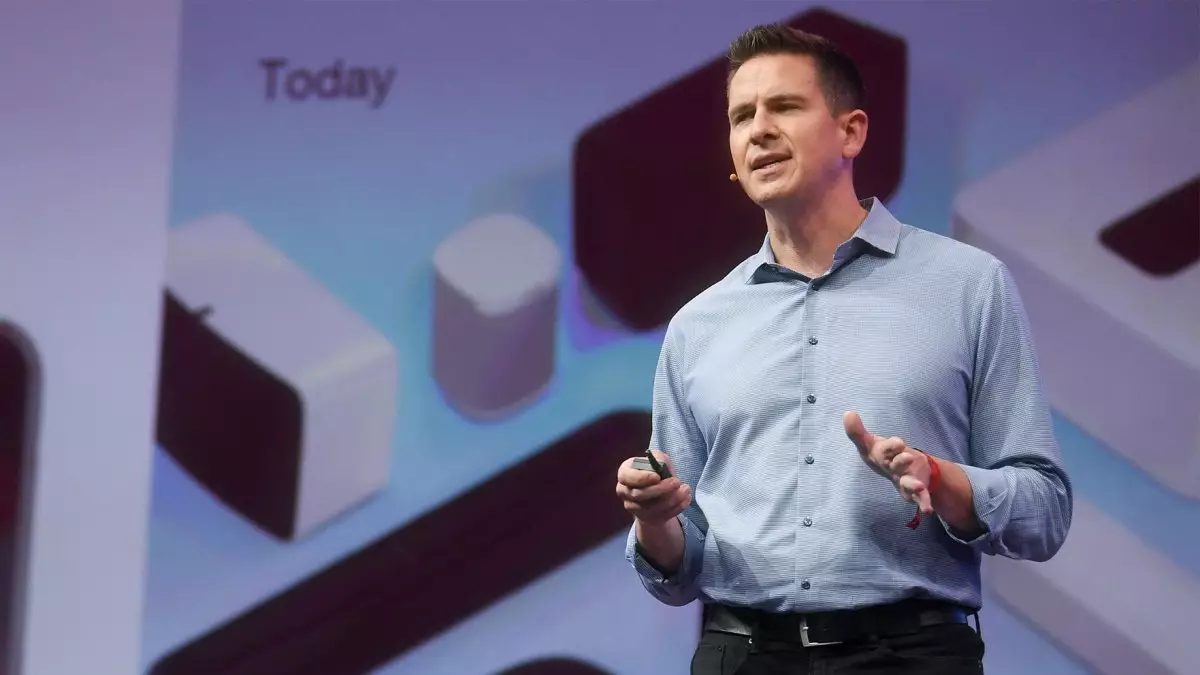In May 2023, Sonos, a prominent name in home audio technology, faced a significant backlash following the chaotic launch of its new app. This incident serves as a glaring example for business schools around the world on the repercussions of prioritizing new customer acquisition at the expense of loyal clientele. The company’s decision to introduce the Ace headphones coincided with a myriad of bugs and performance issues within the app, leading to a ripple effect that resulted in missed revenue opportunities and an unfortunate round of layoffs affecting over 100 employees. As October approached, it became evident that the fallout from this troubled launch continued to disrupt the organization.
The challenges that Sonos faced are emblematic of a deeper issue within many companies: the temptation to chase new customers while neglecting the established base that initially drove the brand’s success. The misguided pursuit led to a significant setback in product launches and tarnished the company’s reputation in the eyes of both customers and industry insiders.
In a bid to overturn its declining fortunes, Sonos presented a set of commitments aimed at rebuilding customer trust and enhancing product reliability. Among these were proclamations of an unwavering customer focus and a commitment to humility during transitions. While these sentiments may resonate well on a surface level, they lack the robust, actionable frameworks that customers desperately seek. However, buried within these platitudes were tangible measures that indicated a possible path to redemption.
One notable initiative included appointing a quality ombudsperson to serve as a conduit between staff and management. This role holds the potential for fostering transparency and accountability, allowing employee grievances to be directly communicated to executives, thus enriching the development process. In addition, Sonos has proposed the creation of a Customer Advisory Board, which aims to integrate consumer feedback into product development well before launch dates. This commitment to inclusivity is a promising sign of accountability, but the real efficacy of these initiatives will depend on their implementation and follow-through.
Sonos has also promised to extend warranty periods on certain products, signaling an attempt to reassure customers who may feel hesitant about the brand’s reliability after recent events. Yet, the effectiveness of these moves will hinge on their execution rather than mere promises. The complexities of modern consumer technology necessitate a proactive approach, where companies not only acknowledge shortcomings but also demonstrate a genuine commitment to rectifying issues in a timely manner.
The CEO, Patrick Spence, articulated that Sonos recognizes past missteps. The challenge ahead lies in translating this understanding into meaningful measures that resonate with an increasingly discerning customer base. The statement that over 80% of the app features removed during the troubled update have been restored is reassuring, but the lingering question remains: will the improvements come fast enough to regain customer confidence?
The company’s strategy has begun to shift towards prioritizing the quality of the app as a central mission moving forward. Such an alignment is crucial for brands that rely on technology to maintain their competitive edge. The decision to suspend executive bonuses pending improvements reflects an awareness that leadership accountability is essential for fostering a culture that prioritizes product quality. Aligning business objectives with customer expectations is not merely a corporate strategy; it is a blueprint for survival in an era characterized by rapid technological shifts and an unforgiving market landscape.
As Sonos navigates this turbulent period, its future actions will speak volumes about its dedication to change. The company has initiated steps towards recovery, but whether it can effectively restore trust and refine its product offerings remains to be seen. The case of Sonos stands as a powerful reminder for businesses: in an industry where customer loyalty is earned through reliable product experiences, prioritizing new customers over existing ones can lead to devastating consequences. The unfolding saga will undoubtedly serve as a recurring study in business ethics, customer relations, and the intricate dance of innovation and accountability.

